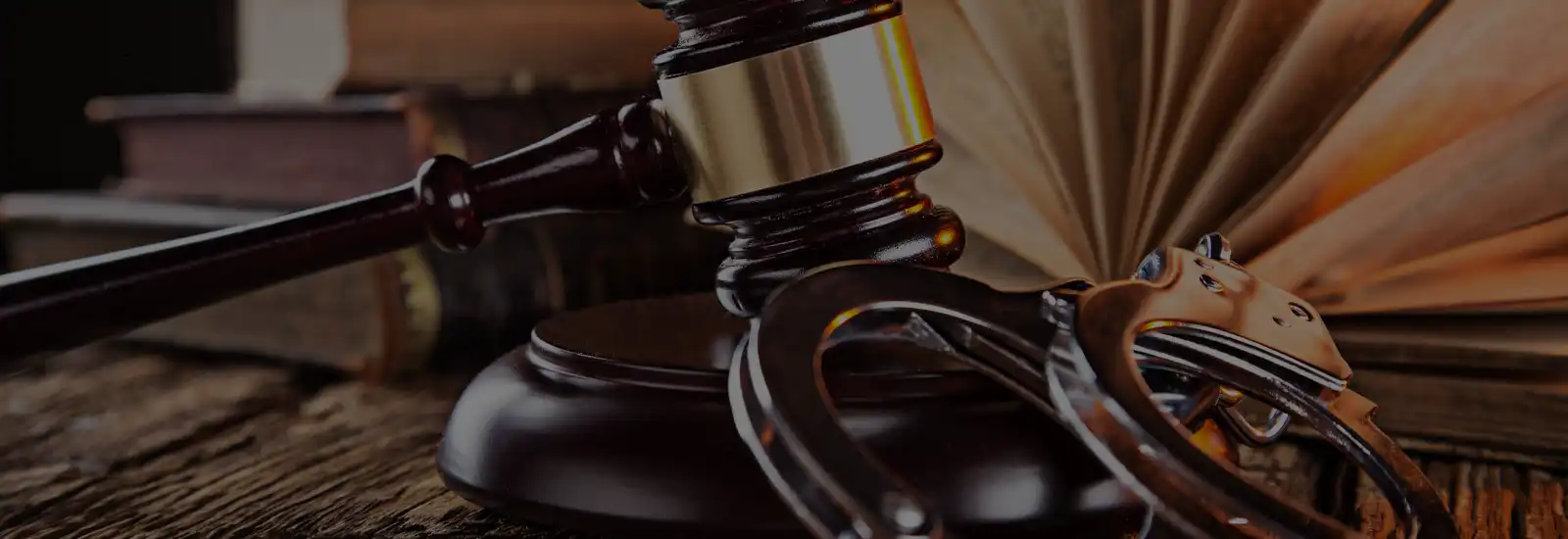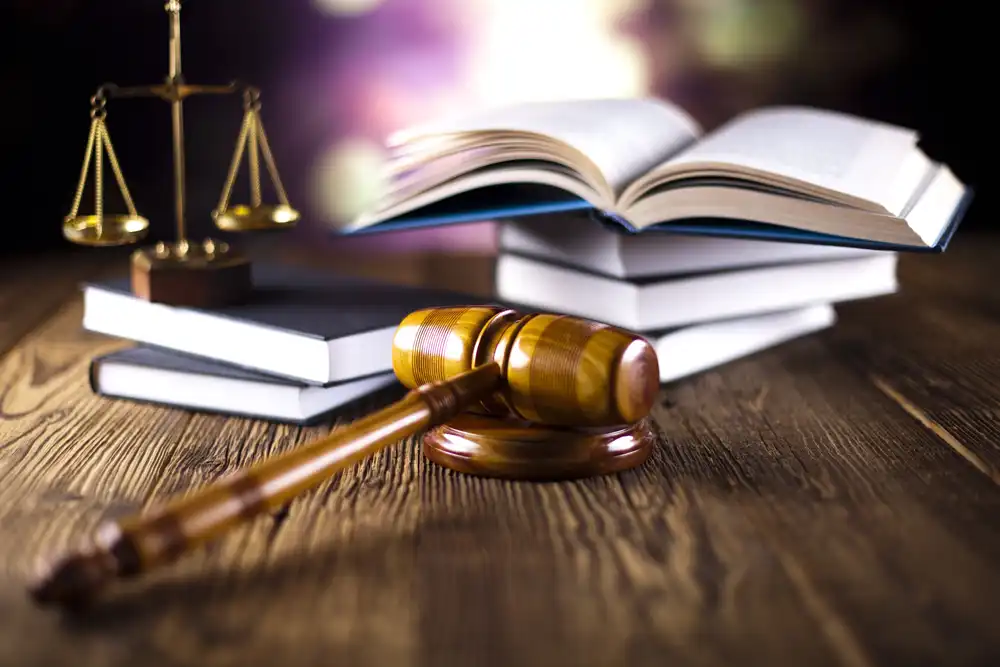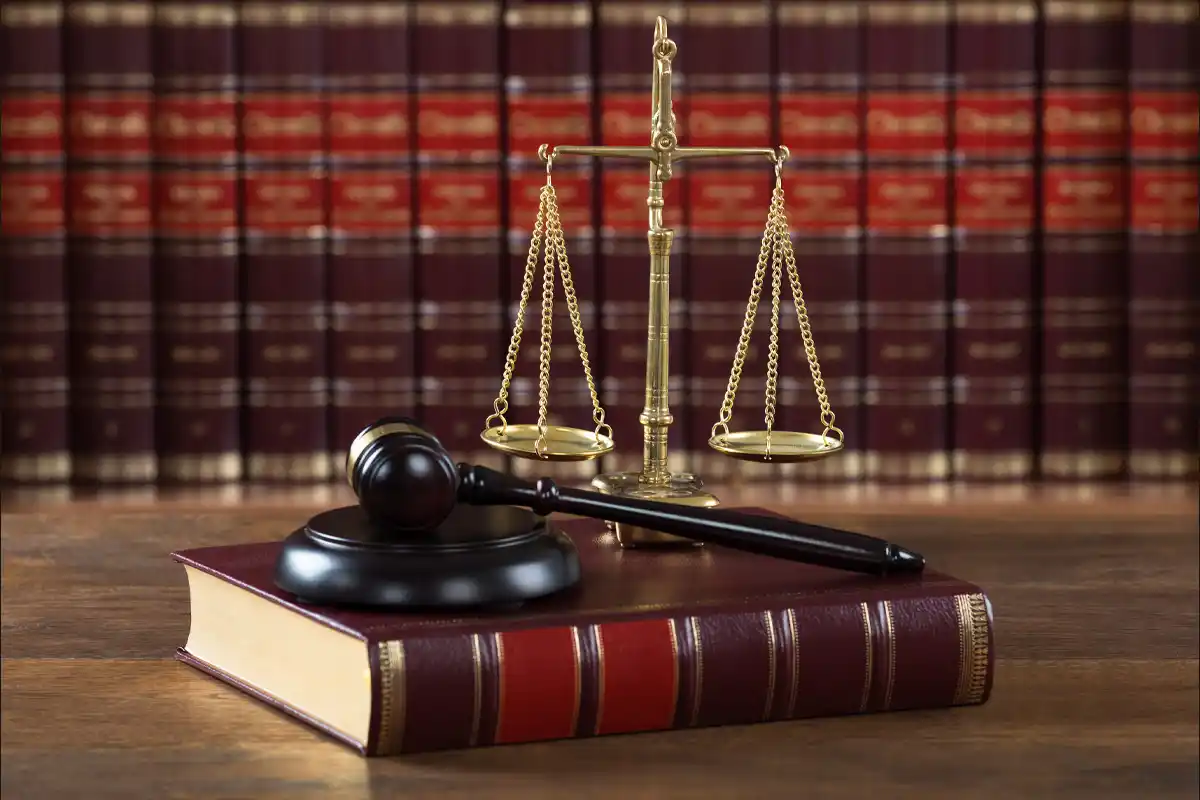
Weapons Crime Defense Lawyer | Orlando & Central Florida
Criminal Defense Attorney, Mary. M. Ibrahim proudly provides Weapon and Firearm Crime Defense legal services throughout Central Florida, including, Orange County, Osceola County, and Seminole County and surrounding areas.

Call 407.255.6300 today to schedule a confidential consultation with weapon and firearm crime defense attorney, Mary M. Ibrahim.
Florida law regarding firearms and weapons is complex, and the penalties for violations can be severe. If you're facing firearm or weapon charges in Orlando, Orange County, or Central Florida, it's crucial to understand your rights and seek experienced legal representation immediately. The Law Offices of Mary M. Ibrahim, P.A., are here to provide a strong and effective defense.
Understanding Firearm and Weapon Laws in Florida
Florida has specific statutes governing the possession, use, and sale of firearms and other weapons. These laws are subject to change, so it's essential to have up-to-date information.
Specific Firearm and Weapon Crimes in Florida
Some common firearm and weapon crimes in Florida include:
- Carrying a Concealed Firearm Without a Permit (Florida Statute 790.01): Carrying a concealed firearm without a valid concealed carry license is a misdemeanor.
- Open Carry of a Firearm (Florida Statute 790.053): While open carry is generally legal in Florida, there are some restrictions.
- Possession of a Firearm by a Convicted Felon (Florida Statute 790.23): It is illegal for a convicted felon to possess a firearm.
- Use or Display of a Firearm During the Commission of a Felony (Florida Statute 775.087): This enhances the penalties for any felony where a firearm is used or displayed.
- Improper Exhibition of a Firearm (Florida Statute 790.10): Displaying a firearm in a threatening or careless manner.
- Possession of a Firearm by a Person Adjudicated Mentally Incompetent (Florida Statute 790.25): Individuals deemed mentally incompetent are prohibited from possessing firearms.
- Sale or Transfer of a Firearm to a Minor (Florida Statute 790.17): It is illegal to sell or transfer a firearm to a person under the age of 18.
- Possession of Certain Weapons (Florida Statute 790.22): Possession of certain weapons, such as machine guns, short-barreled shotguns, and brass knuckles, is generally prohibited.
Penalties for Firearm and Weapon Convictions in Florida
The penalties for firearm and weapon convictions in Florida vary significantly depending on the specific offense, the circumstances involved, and any prior convictions. Penalties can include:
- Jail or Prison Time: From a few days for minor infractions to lengthy prison sentences for more serious offenses, especially those involving the use or display of a firearm during a crime.
- Fines: Substantial fines, often in the thousands of dollars.
- Probation: Supervised probation with specific conditions, such as restrictions on firearm possession, drug testing, and anger management classes.
- A Criminal Record: A firearm or weapon conviction will result in a permanent criminal record, which can severely impact employment, housing, and other opportunities.
- Loss of Firearm Rights: A conviction may result in the loss of your right to possess firearms.
Potential Defense Strategies for Firearm / Weapons Charges
Building a strong defense against firearm and weapon charges requires a thorough understanding of the law and a meticulous examination of the facts. Some potential defense strategies include:
- Validity of Concealed Carry Permit: If the charge involves carrying a concealed firearm without a permit, the defense may argue that the permit was valid or that the individual was exempt from the permit requirement.
- Lawful Possession: For possession charges, the defense may argue that the firearm was lawfully possessed (e.g., owned before a felony conviction).
- Self-Defense: Arguing that the firearm was used in self-defense or defense of others.
- Lack of Knowledge: In some cases, the defense may argue that the accused was unaware of the presence of the firearm or weapon.
- Illegal Search and Seizure: If law enforcement obtained the firearm or weapon illegally or violated the accused's constitutional rights, the evidence may be suppressed.
- Challenging the Evidence: The prosecution must prove guilt beyond a reasonable doubt. If the evidence is weak or circumstantial, the charges may be dismissed or reduced.
The Importance of Legal Representation in Firearm and Weapon Crime Defense Cases
Firearm and weapon charges are complex and carry severe consequences. Attempting to navigate the legal system without experienced representation is extremely risky.
Attorney Mary M. Ibrahim has a proven track record of successfully defending clients against firearm and weapon charges in Orlando and Central Florida. She will thoroughly investigate your case, protect your rights, and develop the most effective defense strategy possible. Don't face these charges alone. Contact The Law Offices of Mary M. Ibrahim, P.A., today for a confidential consultation. Let us fight for you.
Call 407.255.6300 today to schedule a confidential consultation with weapon and firearm crime defense lawyer, Mary M. Ibrahim.
About Felony Crimes

In Florida, a felony is a serious criminal offense punishable by more than one year in state prison, up to life imprisonment, or even death. Felonies are categorized into degrees, with varying levels of severity and corresponding penalties. The most serious are capital felonies, punishable by death or life imprisonment, followed by life felonies, which carry a life sentence.
In Florida, a felony is a serious criminal offense punishable by more than one year in state prison, up to life imprisonment, or even death. Felonies are categorized into degrees, with varying levels of severity and corresponding penalties. The most serious are capital felonies, punishable by death or life imprisonment, followed by life felonies, which carry a life sentence. Third-degree felonies are the least severe, with a maximum of five years in prison and a $5,000 fine. Second-degree felonies are more serious, punishable by up to 15 years in prison and a $10,000 fine. First-degree felonies carry the most substantial penalties, with up to 30 years in prison and a $10,000 fine, although some first-degree felonies have even harsher penalties.
Beyond imprisonment and fines, a felony conviction in Florida can have lasting consequences, impacting an individual's rights and opportunities. These can include restrictions on voting, firearm ownership, jury service, and certain professions. It's crucial to understand the potential ramifications of felony charges and seek experienced legal counsel. The specific penalties and classifications can be complex, so consulting with a qualified attorney is essential for anyone facing felony accusations.
About Felony Crimes

In Florida, a felony is a serious criminal offense punishable by more than one year in state prison, up to life imprisonment, or even death. Felonies are categorized into degrees, with varying levels of severity and corresponding penalties. The most serious are capital felonies, punishable by death or life imprisonment, followed by life felonies, which carry a life sentence.
In Florida, a felony is a serious criminal offense punishable by more than one year in state prison, up to life imprisonment, or even death. Felonies are categorized into degrees, with varying levels of severity and corresponding penalties. The most serious are capital felonies, punishable by death or life imprisonment, followed by life felonies, which carry a life sentence. Third-degree felonies are the least severe, with a maximum of five years in prison and a $5,000 fine. Second-degree felonies are more serious, punishable by up to 15 years in prison and a $10,000 fine. First-degree felonies carry the most substantial penalties, with up to 30 years in prison and a $10,000 fine, although some first-degree felonies have even harsher penalties.
Beyond imprisonment and fines, a felony conviction in Florida can have lasting consequences, impacting an individual's rights and opportunities. These can include restrictions on voting, firearm ownership, jury service, and certain professions. It's crucial to understand the potential ramifications of felony charges and seek experienced legal counsel. The specific penalties and classifications can be complex, so consulting with a qualified attorney is essential for anyone facing felony accusations.
About Misdemeanor Crimes

In Florida, a misdemeanor is a criminal offense less serious than a felony, generally punishable by fines, probation, and up to one year in a county jail. Misdemeanors are categorized into two degrees: first-degree and second-degree.
A first-degree misdemeanor is the more serious of the two, carrying a maximum penalty of one year in jail and a $1,000 fine. Examples include battery, petit theft (first offense), and driving under the influence (DUI) – first offense. Second-degree misdemeanors are less severe, with a maximum of 60 days in jail and a $500 fine. These can include offenses like simple assault, disorderly conduct, and certain traffic violations.
While misdemeanors don't carry the same severe penalties as felonies, a conviction can still have negative consequences. A criminal record, even for a misdemeanor, can impact employment opportunities, housing, and other aspects of life. It's important to take any misdemeanor charge seriously and understand the potential ramifications. Although the penalties are less severe than felonies, legal representation is still crucial to protect your rights and minimize the impact of a conviction. Consulting with a qualified attorney is recommended if you are facing misdemeanor charges in Florida.
